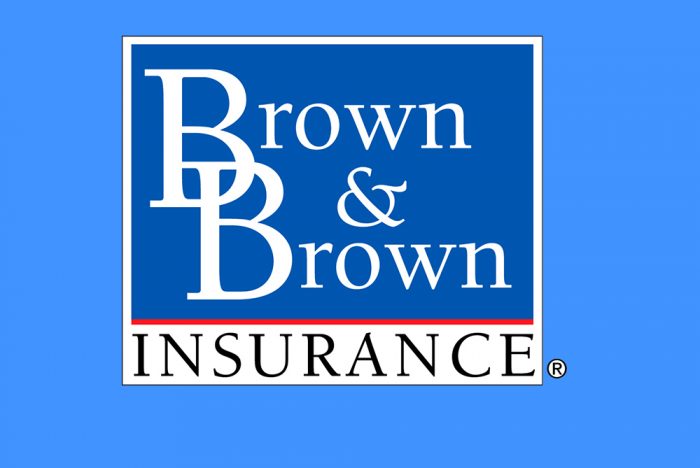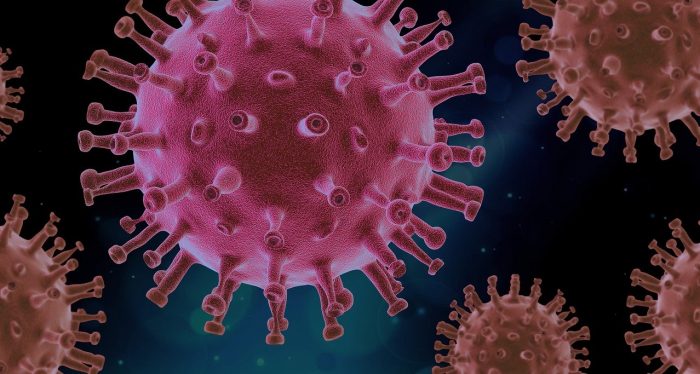FOR IMMEDIATE RELEASE
January 28, 2021
Harrisburg, PA – Today Department of Human Services (DHS) Secretary Teresa Miller outlined recent changes to the Employment, Advancement, and Retention Network (EARN) and Work Ready programs – two comprehensive employment and training programs that provide support for people who receive Temporary Assistance for Needy Families (TANF) benefits in order to obtain employment skills, prepare for work, and sustain good jobs.
The previous iteration of DHS’s largest employment and training programs prioritized a work-first job placement in any job, regardless of job quality and participant readiness. An analysis of these programs found that, for people who left TANF for employment, about 50 percent returned to TANF within a year.
“Our goal at DHS is to help families reach long-term economic sustainability. We want to be advocates and partners for the people we serve and use TANF both to meet essential needs and empower people to take a step forward for themselves and their family. To accomplish this, we recognized that we need to shift how we serve this population. One immediate way to do so was in the way we operate our employment and training programs,” said DHS Secretary Teresa Miller. “Last year, we launched a redesign of these programs to make sure we were meeting the needs of the people we serve. It is our hope that this redesign will put the people we serve on the path to economic stability and independence.”
Rather than prioritizing a job regardless of job quality and participant readiness, the redesign includes a more thorough assessment that addresses clients holistically to support financial independence. DHS worked with all 22 local workforce development boards and multiple community action agencies and used direct feedback from participants, caseworkers, and providers to shape the new design, which officially launched on July 1, 2020.
Under the redesigned programs, each person will work with a caseworker to identify strengths and barriers in reaching career goals and will receive the support they need to meet those goals. The redesign introduces a focus on education and training activities that will help participants get the skills and certifications they need in the workforce, including GED diplomas or job credentials. Participants will also have access to case managers, individualized coaching, and mental health counseling services. These supports will be available for one year following sustainable employment, meaning that participants will have continued support if issues arise within the first year of employment to help them problem solve and establish stability and independence during this time.
The redesign also supports participants by addressing barriers to employment so that employment can not only be achieved but also maintained. In many instances, participants may be eligible for financial support for materials, supplies, child care, transportation costs, and more in order to successfully participate in employment.
Funding for the redesign comes from an increase in the amount of federal TANF block grant funding allocated to the employment and training programs to support these expanded services. DHS also adjusted the programs’ funding structure to allow providers more flexibility to implement these services and modified incentives for vendors to help get people into job training programs.
DHS will work closely with program providers throughout the year to deliver these new services and to evaluate how these changes impact participants. They will also be monitoring if providers achieve established performance outcomes such as whether a client has achieved long-term employment.
Current participation in the employment and training programs has been shifted to remote services due to COVID-19. In the months since the redesign’s launch, more than 300 people have interacted with a licensed counselor via ongoing counseling, more than 100 participants have been engaged in remediating their barriers to employment, and 112 individuals have met at least one of their personal goals in their individualized employment plan. DHS is continuing to support families by providing skills trainings and mental health service referrals, continuing job-related work activities and services, and implementing options to ensure that participants have adequate devices where possible.
“We want to create programs that give people the space they need to envision a better future for themselves and their families and then provide them with the tools they need to actualize those dreams. This is our opportunity to really try to help change circumstances for parents and families living in incredibly difficult circumstances. No one should have to go at this alone, and we must take a community-wide approach to help people know that they will be supported throughout their journey. We hope that this employment and training redesign will help our clients achieve just that,” said Secretary Miller.
Only families with children are eligible for TANF. Job loss, domestic violence, child care availability, and the need for education are just some of the reasons that someone may need the support of the TANF program. Statistics show that in Pennsylvania, black individuals and families are disproportionately impacted by poverty. This disproportionality is also reflected in the demographics of our public assistance program enrollment – 53 percent of TANF beneficiaries are black. Discussions about TANF must acknowledge the ways that racial inequities and systemic racism impact the populations DHS serves, and we must work to actively dispel the myth that poverty and enrollment in public assistance programs are tied to some kind of moral or personal failure.
Applications for TANF and other public assistance programs can be submitted here. Those who prefer to submit paper documentation can pick up an application at their local County Assistance Office (CAO), where social distancing protocols are in place, They can also print from the website or request an application by phone at 1-800-692-7462. They can then mail it to their local CAO or place it in a CAO’s secure drop box if available. You do not need to know your own eligibility in order to apply. While CAOs remain closed, work processing applications, determining eligibility, and issuing benefits continue. Clients should use COMPASS or the MyCOMPASS PA mobile app to submit necessary updates to their case files while CAOs are closed.
For more information on DHS’s employment and training programs, visit this webpage.
MEDIA CONTACT: Erin James















